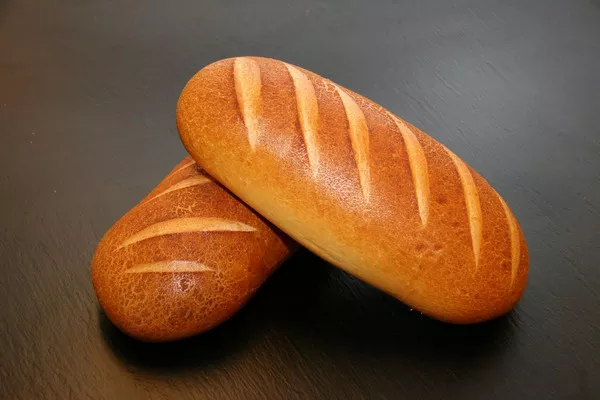Snacking is one of the most common habits that people engage in between meals. However, not all snacks are created equal when it comes to weight loss. In fact, some snacks can be detrimental to your weight loss goals. In this article, we will discuss which snacks are good for weight loss and why they are beneficial.
Why Snacking Can Be Beneficial for Weight Loss
Contrary to popular belief, snacking can actually aid in weight loss. When you eat small, healthy snacks throughout the day, it can help maintain your metabolism and prevent overeating during larger meals. Additionally, choosing the right snacks can provide essential nutrients to keep you feeling full and satisfied.
- Choose Whole Foods
- Incorporate Protein
- Include Fiber
- Opt for Low-Calorie Options
- Avoid Processed Snacks
Choose Whole Foods
Whole foods refer to unprocessed or minimally processed foods. These foods are typically rich in nutrients and can provide several health benefits. When it comes to snacking, choosing whole foods is a great way to ensure that you are getting the most out of your snack.
Examples of whole foods include fruits, vegetables, nuts, and seeds. These snacks are nutrient-dense, meaning they contain large amounts of vitamins, minerals, and other essential nutrients. Additionally, whole foods tend to have a higher fiber content, which can help keep you feeling full for longer periods of time.
Incorporate Protein
Protein is an essential nutrient that plays a crucial role in many bodily processes. When it comes to snacking, incorporating protein can be beneficial for weight loss. Protein takes longer to digest than carbohydrates, which means it can help you feel full for longer periods of time.
Examples of high-protein snacks include Greek yogurt, hard-boiled eggs, and edamame. These snacks are also low in calories, making them a great option for those who are trying to lose weight.
Include Fiber
Fiber is another essential nutrient that can aid in weight loss. Fiber helps slow down the digestion process, which can help you feel fuller for longer periods of time. Additionally, fiber can help regulate blood sugar levels and improve gut health.
Examples of high-fiber snacks include apples, carrots, and almonds. These snacks are also low in calories and can provide essential nutrients to keep you feeling satisfied throughout the day.
Opt for Low-Calorie Options
Choosing low-calorie snacks is a great way to satisfy your hunger without consuming too many calories. When it comes to weight loss, it’s important to maintain a calorie deficit, meaning you need to burn more calories than you consume.
Examples of low-calorie snacks include air-popped popcorn, celery with hummus, and berries. These snacks are also nutrient-dense, providing vitamins, minerals, and other essential nutrients without adding too many calories to your diet.
Avoid Processed Snacks
Processed snacks, such as chips and cookies, are often high in calories, unhealthy fats, and added sugars. These snacks can be detrimental to weight loss goals and can lead to overconsumption due to their addictive nature.
Instead of processed snacks, opt for whole food snacks that are nutrient-dense and low in calories. This will help you maintain a healthy weight while providing essential nutrients to your body.
Conclusion
When it comes to weight loss, choosing the right snacks is crucial. Whole foods, protein-rich snacks, high-fiber snacks, low-calorie options, and avoiding processed snacks are all great ways to ensure that you are snacking in a way that supports your weight loss goals.
By incorporating these types of snacks into your daily routine, you can maintain a healthy weight while providing essential nutrients to your body. Remember to always choose snacks that are nutrient-dense and low in calories to achieve your weight loss goals.
Related topics:


